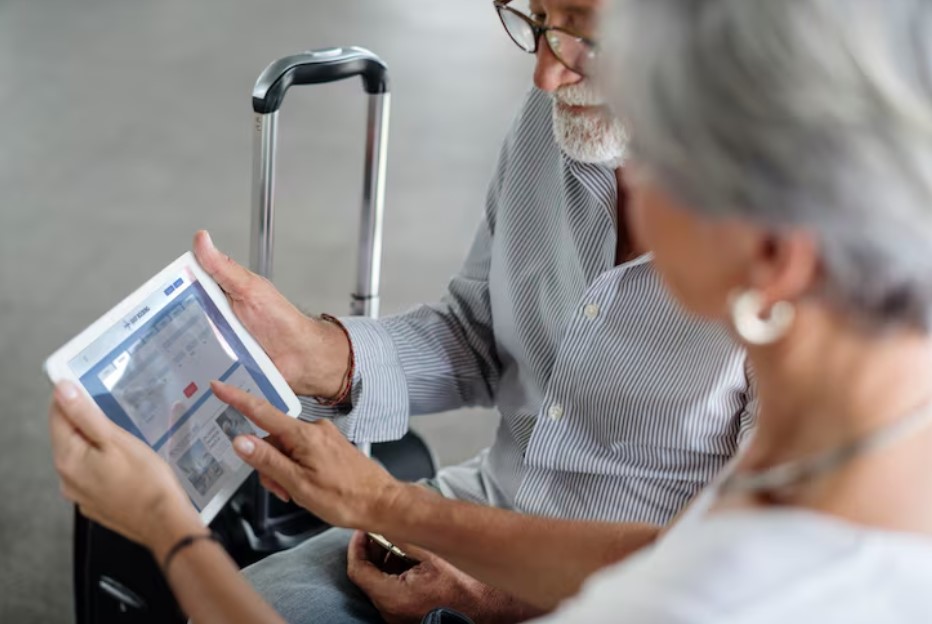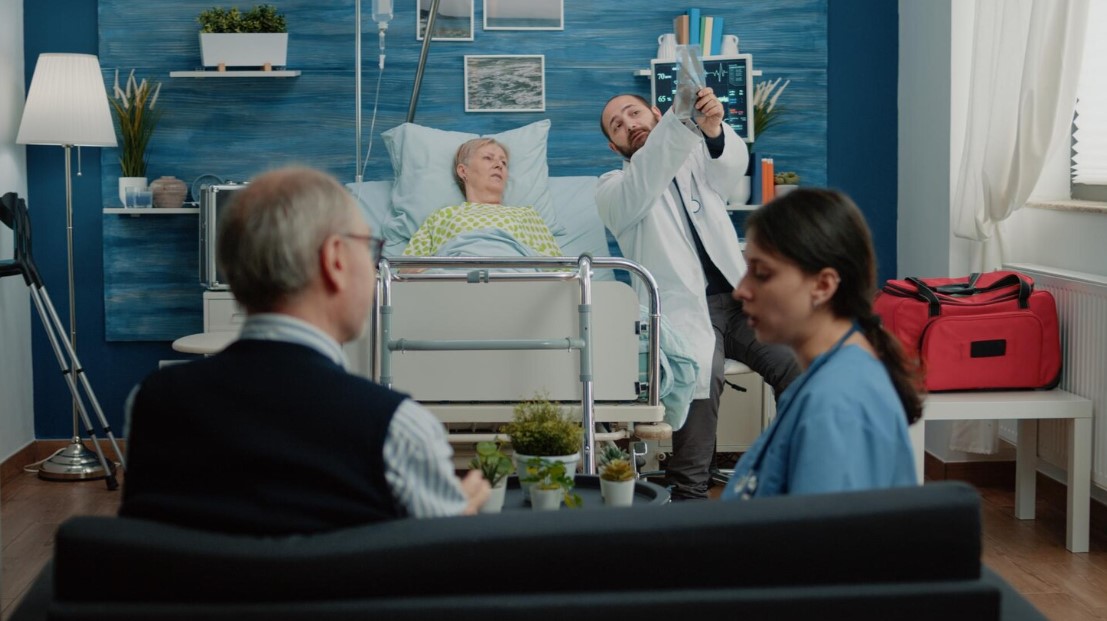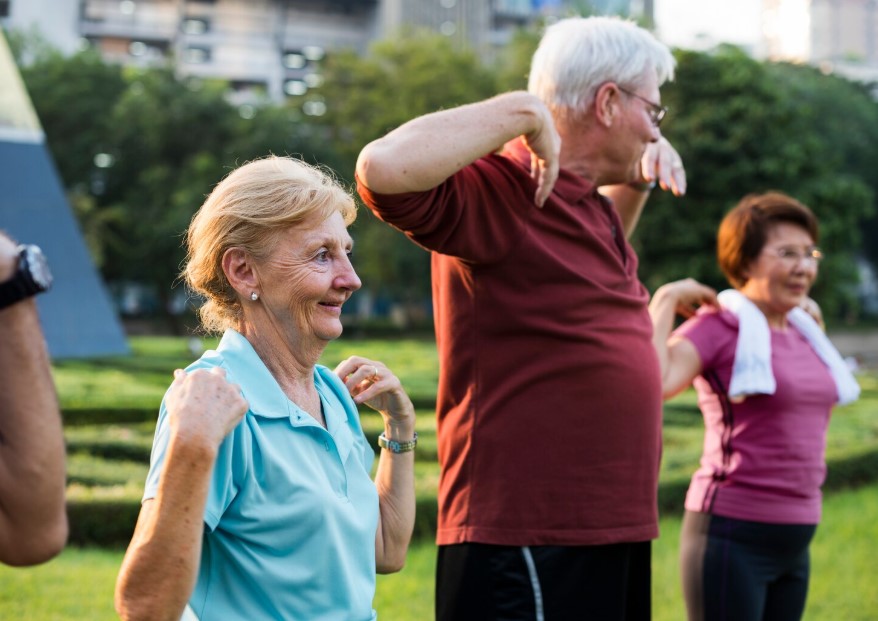30
Aug 2024
Ramsay Hospitals to Deny Access to Private Patients
Published in News on August 30, 2024

Millions of patients could face higher medical costs as Ramsay Health Care, Australia’s largest private hospital operator, plans to reject deals with insurers that don’t cover larger cost increases. The company, which runs 70 hospitals, has paused expansion plans due to low returns. CEO Craig McNally emphasized the profit shift favouring health insurers and warned that even insured patients opt for public healthcare due to substantial out-of-pocket expenses. Ramsay calls for insurers to share more of the financial burden to offset these rising costs.
Ramsay Health Care's CEO, Craig McNally, stressed that the company will renegotiate with insurers if future cost projections change significantly. Ramsay will refuse to work with those insurers if no satisfactory deal is reached. Terminating agreements with private health insurers is becoming more common, leaving patients with significant out-of-pocket expenses if they wish to use those hospitals. McNally emphasized the need for fairer agreements to cover rising costs and prevent further financial burdens on patients.
Several private hospital providers, including St Vincent's and UnitingCare Queensland, threaten to end contracts with insurers over rising costs, potentially leaving patients with higher out-of-pocket expenses. Last year, Ramsay Health Care and Bupa customers faced this issue when the companies couldn’t agree on cost-sharing. While Ramsay is not currently in disputes with insurers, CEO Craig McNally warned this could change. As Health Minister Mark Butler reviews the sector, hospitals seek higher insurer payments, while insurers argue they shouldn't be responsible for covering inefficiencies in the private healthcare system.
Ramsay Health Care, one of Australia’s leading private hospital operators, saw its shares drop by over 7% to $41.30 after warning that patient margins would take years to recover to pre-pandemic levels. Rising wage costs have created significant financial risks. The company reported a lower underlying profit of $270.6 million compared to the previous year. Despite this, Ramsay remains optimistic about future earnings, though more patients are turning to public hospitals due to high out-of-pocket expenses. Ramsay’s global operations, particularly outside Australia, continue to face challenges.
For patients visiting Melbourne, finding suitable hospital stay accommodation is critical. Melbourne offers furnished accommodation options close to major hospitals, including serviced apartments and long-stay options that provide convenience and comfort for patients and their families. These accommodations, located near facilities like St. Vincent's and Ramsay’s hospitals, can help ease the burden of extended stays, ensuring proximity to care while minimizing travel.









